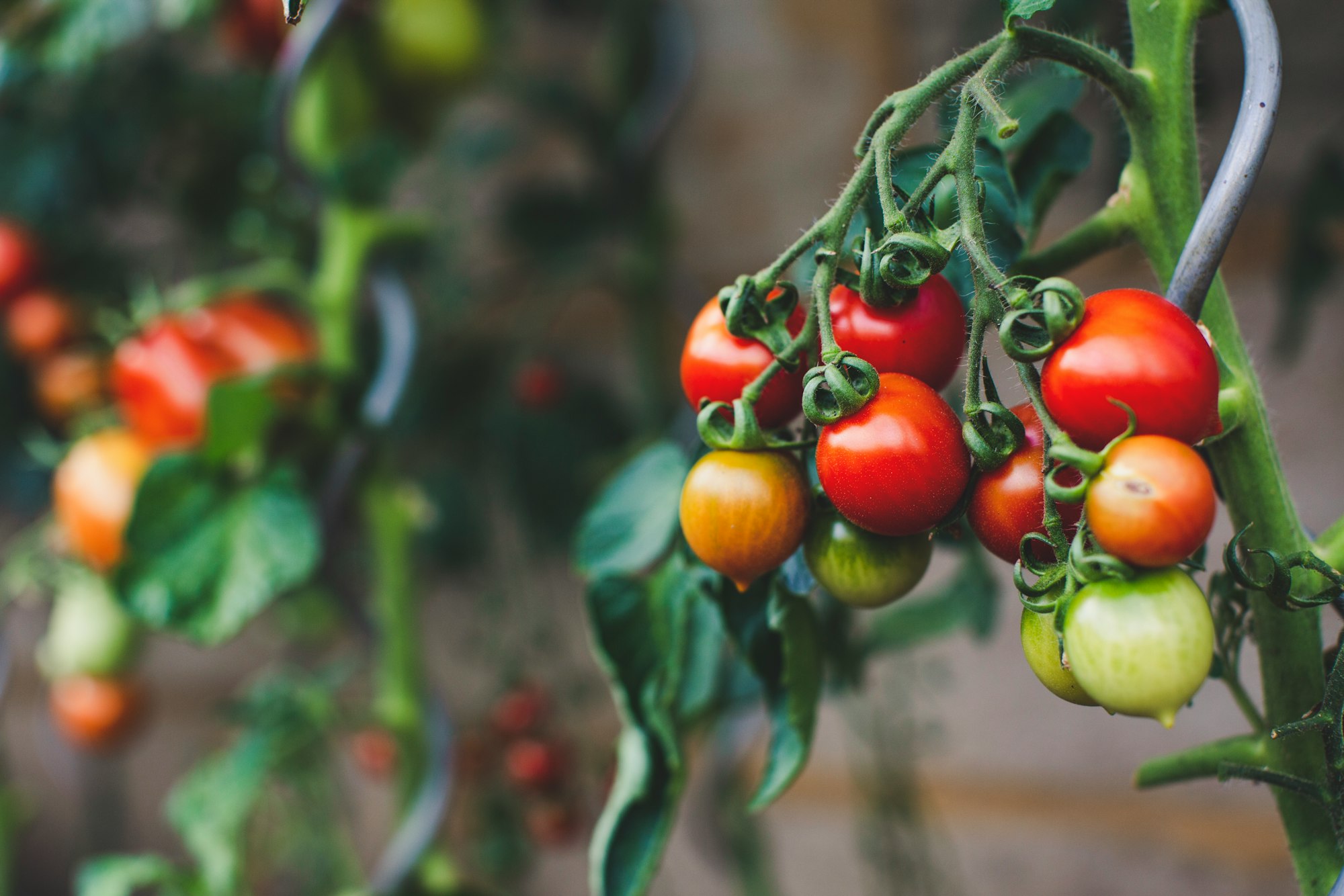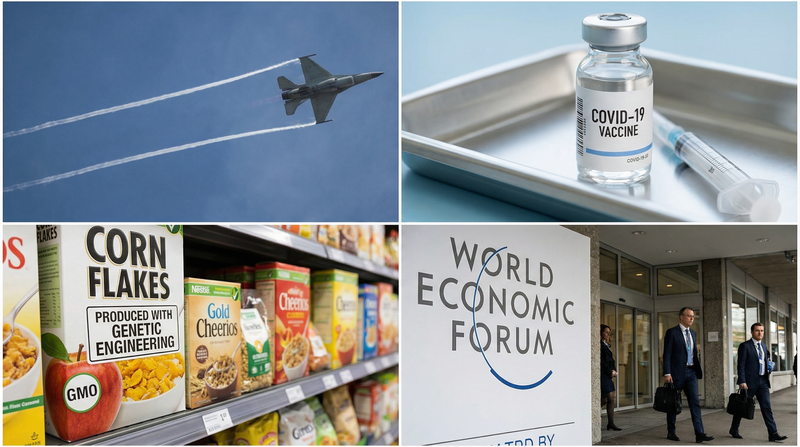Federal Appeals Court Strikes Down USDA GMO Labeling Loophole for Ultraprocessed Foods
Landmark Ruling Mandates Stricter Disclosure Rules, Potentially Affecting Thousands of Products Washington, D.C. (Associated Press) — November 8, 2025 In a significant victory for consumer advocates, a federal appeals court has overturned a controversial U.S. Department of Agriculture (USDA) rule that allowed many ultraprocessed foods containing genetically modified organisms
Landmark Ruling Mandates Stricter Disclosure Rules, Potentially Affecting Thousands of Products
Washington, D.C. (Associated Press) — November 8, 2025
In a significant victory for consumer advocates, a federal appeals court has overturned a controversial U.S. Department of Agriculture (USDA) rule that allowed many ultraprocessed foods containing genetically modified organisms (GMOs) to evade mandatory labeling requirements. The decision, handed down late last week, compels the USDA to revise its bioengineered food disclosure standards, which have been in effect since January 2022.
The ruling stems from a lawsuit filed by the Center for Food Safety (CFS) and other advocacy groups, challenging the USDA's "detectability" exemption. Under this provision, foods processed to the point where GMO-derived DNA is no longer detectable—such as refined sugars from GMO corn or soy oils—were spared from bearing the "bioengineered" label. Critics argued this loophole undermined the intent of the National Bioengineered Food Disclosure Standard, enacted by Congress in 2018, by shielding the vast majority of GMO ingredients in the American diet from transparency.
"We are gratified that the Court has struck down USDA's loophole for ultra-processed GMO foods, the vast majority of which have been genetically engineered," said Paige Tomaselli, senior attorney at CFS, in a statement celebrating the win. The court found the detectability standard "erroneous," noting it conflated the absence of genetic material with the limitations of current testing methods, thereby confusing scientific accuracy with regulatory convenience.
A federal appeals court blocked a USDA loophole that exempted ultraprocessed foods containing GMOs from labeling requirements. ❌
— Children’s Health Defense (@ChildrensHD) November 6, 2025
The court also ruled that QR codes alone cannot adequately inform consumers that products contain GMOs, and ordered the USDA to provide a more… pic.twitter.com/D61WTxL4IY
The USDA's rule, finalized in 2018 and implemented in 2022, requires companies to disclose bioengineered ingredients via text, symbols, or digital links on packaging. However, the exemption applied to an estimated 85% of GMO-containing products, including items like high-fructose corn syrup, soybean oil, and canola oil—staples in cereals, snacks, and beverages. An analysis by the Environmental Working Group (EWG) warned that this could exempt over 10,000 food products from disclosure, depriving consumers of vital information about potential health and environmental impacts.
The U.S. Court of Appeals for the Ninth Circuit, in its October 31 opinion, directed the USDA to rewrite the rule within a reasonable timeframe, emphasizing the public's right to know under the Administrative Procedure Act. "The agency's interpretation renders the disclosure requirement largely illusory for the most common forms of bioengineered food," the three-judge panel wrote, vacating the exemption and remanding the case for further action.
Industry groups, including the Biotechnology Innovation Organization, expressed disappointment, arguing the detectability threshold ensured labels reflected "actionable" GMO presence rather than trace elements altered by processing. "This decision could lead to unnecessary labeling of highly refined ingredients that pose no risk," a spokesperson said. Food manufacturers now face uncertainty, as revising labels for thousands of products could cost millions and disrupt supply chains.
Consumer response has been mixed since mandatory labeling began. A Nebraska Public Media survey from last year found many shoppers either unaware of the "bioengineered" icon—a small sun-like glyph—or skeptical of its prominence on shelves. Advocacy groups like Just Label It hope the ruling will amplify visibility, pushing for broader reforms amid growing demand for transparency in a market where over 90% of corn, soy, and cotton are genetically engineered.


